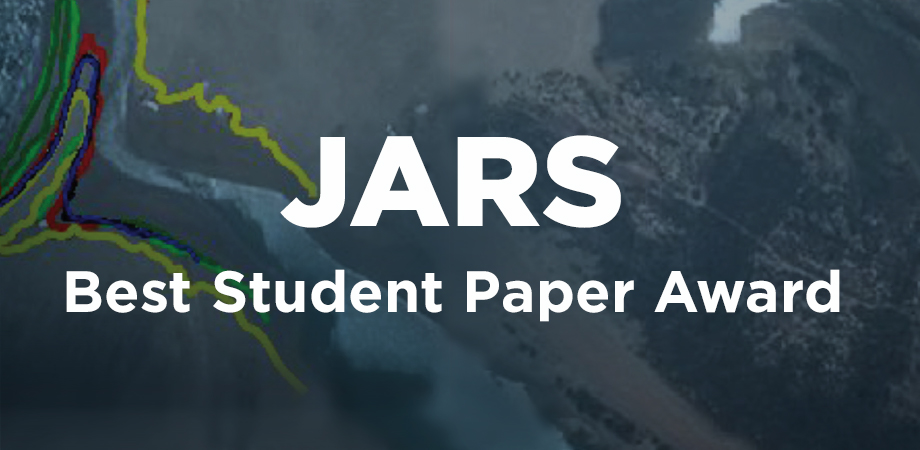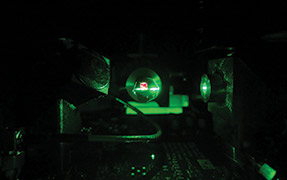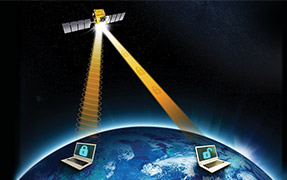SPIE Journal of Applied Remote Sensing announces new student-paper award

BELLINGHAM, Washington, USA — The Journal of Applied Remote Sensing (JARS) has established a new recognition, the JARS Best Student Paper Award. This award will join the existing annual JARS Best Paper Awards in the areas of interdisciplinary applications, theoretical innovation, and photo-optical instrumentation and design. The first recipient of the JARS Best Student Paper Award will be announced in 2022 based on the papers published in 2021.
JARS is published online in the SPIE Digital Library by SPIE, the international society for optics and photonics, and optimizes the communication of concepts, information, and progress among the remote-sensing community. Ni-Bin Chang, professor of civil, environmental, and construction engineering at the University of Central Florida, is the Editor-in-Chief.
"We see that students are doing great work, and SPIE would like to encourage their research in remote sensing and applications," notes Chang. "This award will acknowledge their progress, as well as give students a significant achievement to highlight on their CVs."
"It's important for professional societies to recognize the outstanding research work being done by the younger generation of scientists," adds Program Director of the University of Wyoming's Geographic Information Science Center and JARS Associate Editor Ramesh Sivanpillai. "I am confident that awards like this will encourage more students to pursue remote-sensing research in order to address current societal needs."
The JARS Best Student Paper Award will be awarded to the first author on a student-led research paper. To qualify for consideration, the paper must be authored by a graduate student who has completed the research in fulfillment of a dissertation or thesis with novel ideas, concepts, algorithms, and methods. There are no restrictions as to organization, nationality, race, creed, sex, or age, and no requirement for SPIE membership. A selection committee will be appointed by Chang, and papers will be judged based on technical merit, clarity, originality, potential impact on the field, and quality of the overall presentation.
JARS is one of 12 journals published by SPIE, the international society for optics and photonics.
About SPIE
SPIE is the international society for optics and photonics, an educational not-for-profit organization founded in 1955 to advance light-based science, engineering, and technology. The Society serves more than 258,000 constituents from 184 countries, offering conferences and their published proceedings, continuing education, books, journals, and the SPIE Digital Library. In 2020, SPIE provided over $5 million in community support including scholarships and awards, outreach and advocacy programs, travel grants, public policy, and educational resources. www.spie.org.
________________________________________
Contact:
Daneet Steffens
Public Relations Manager
daneets@spie.org
+1 360 685 5478
@SPIEtweets



